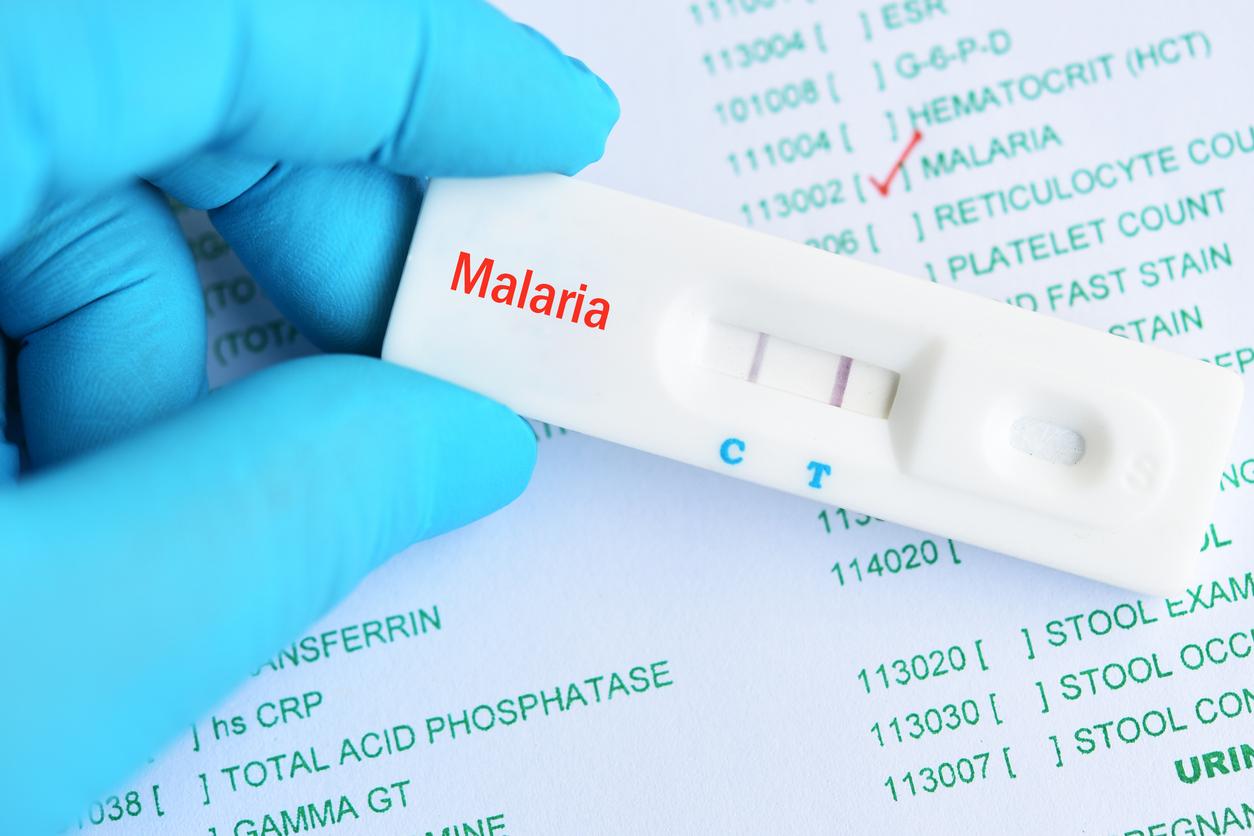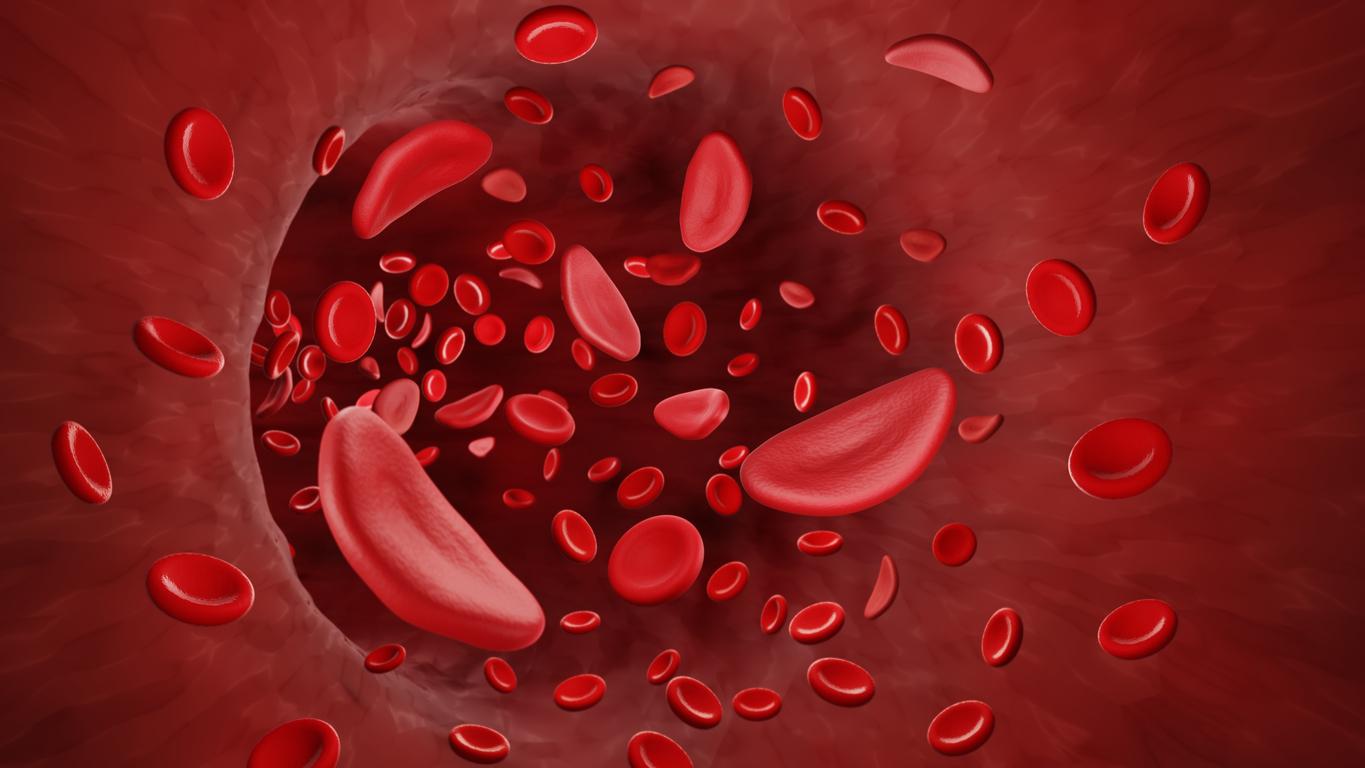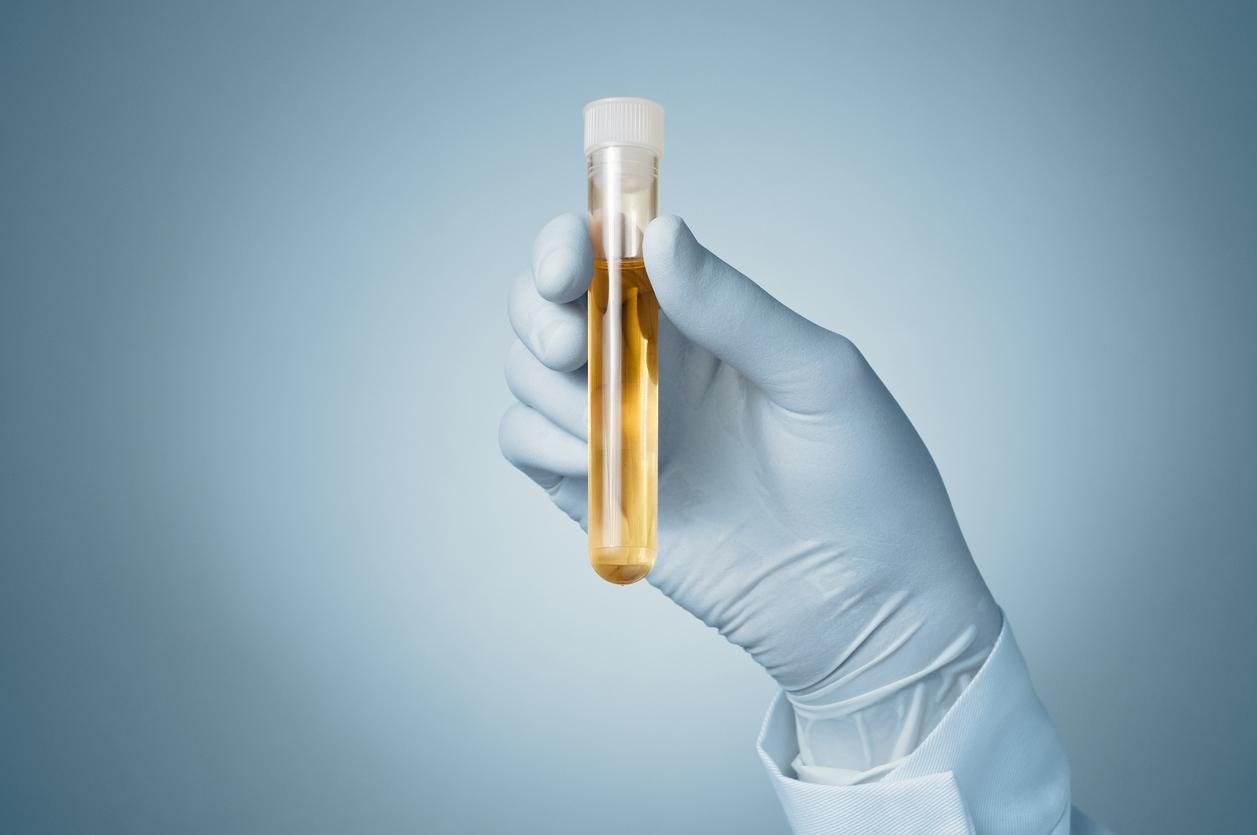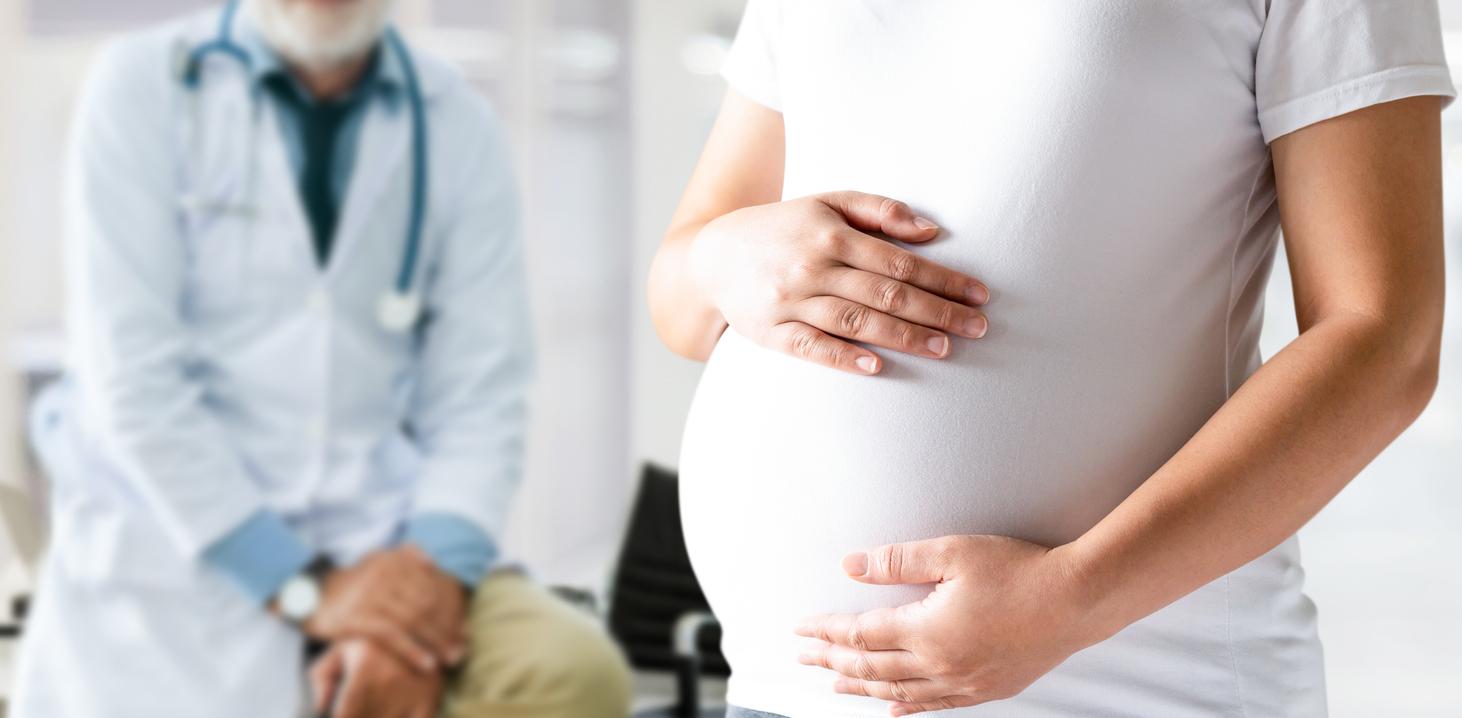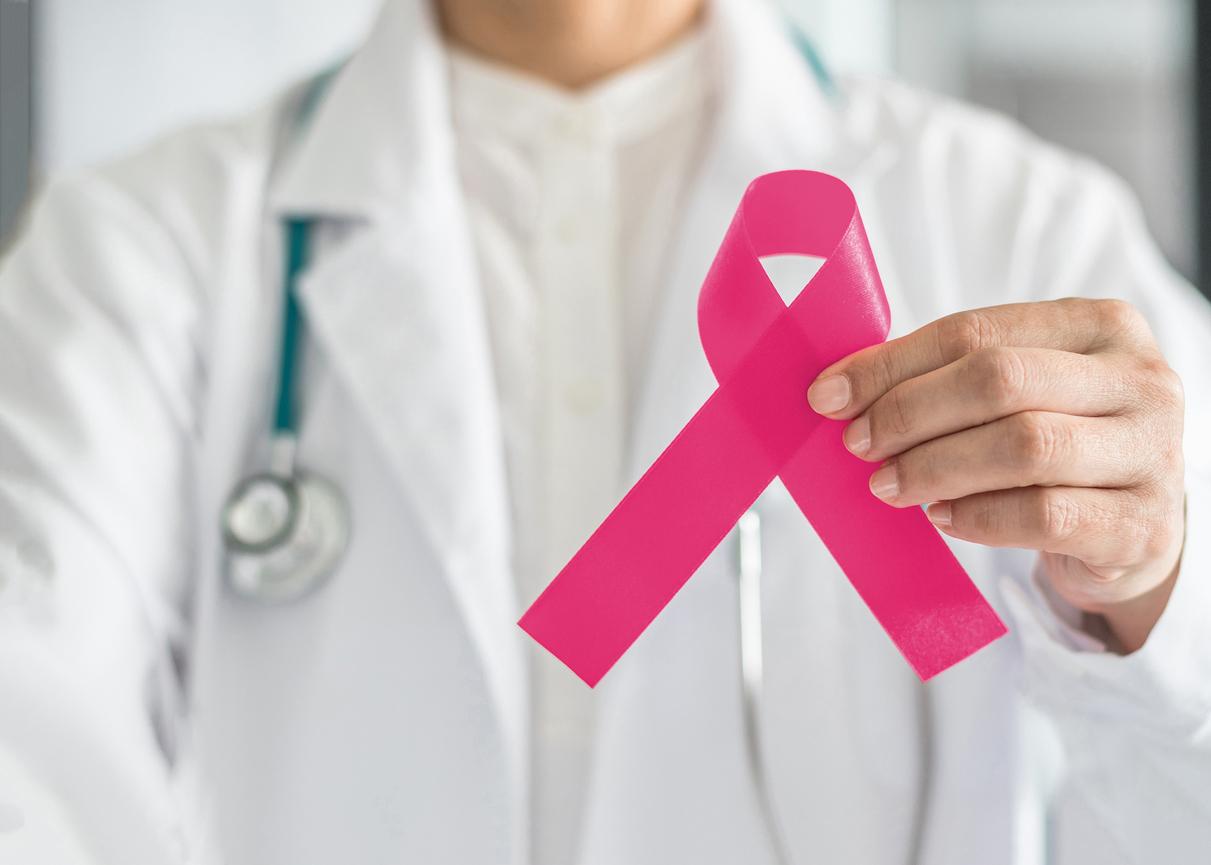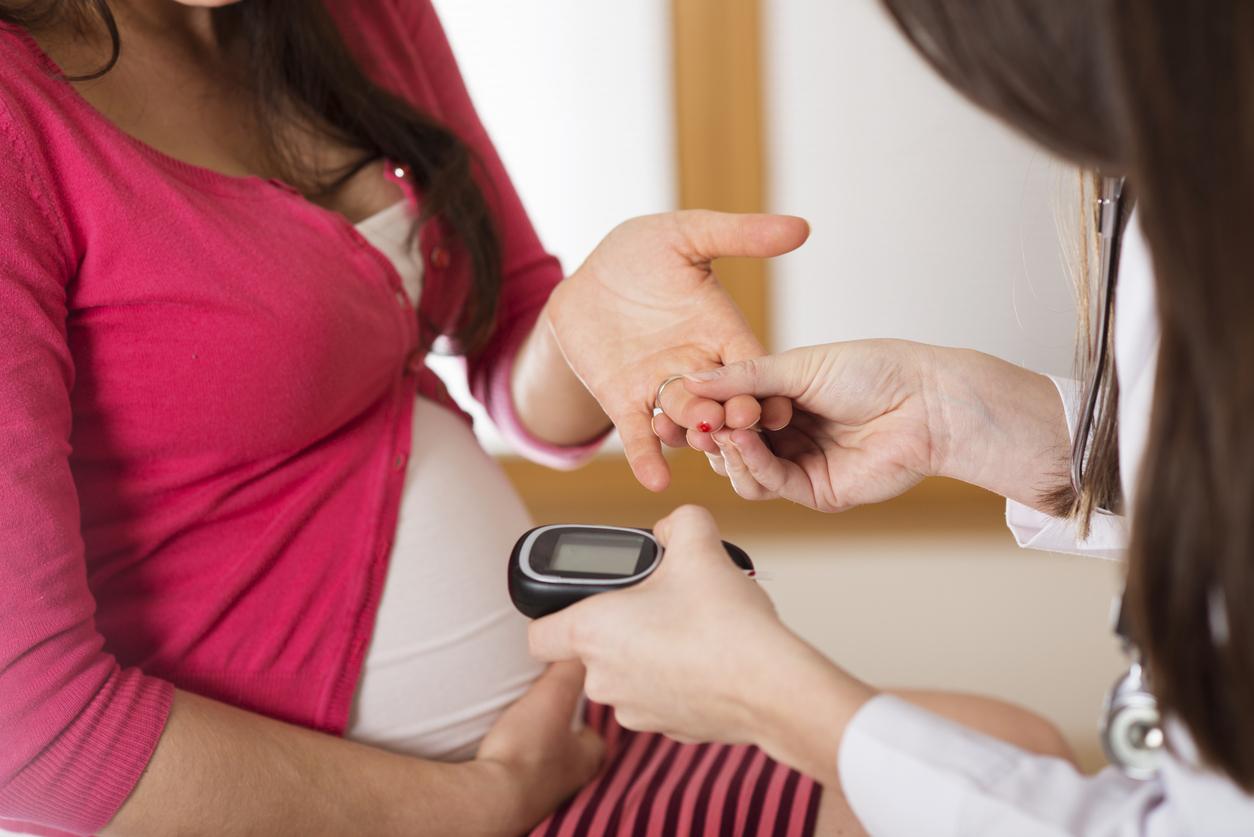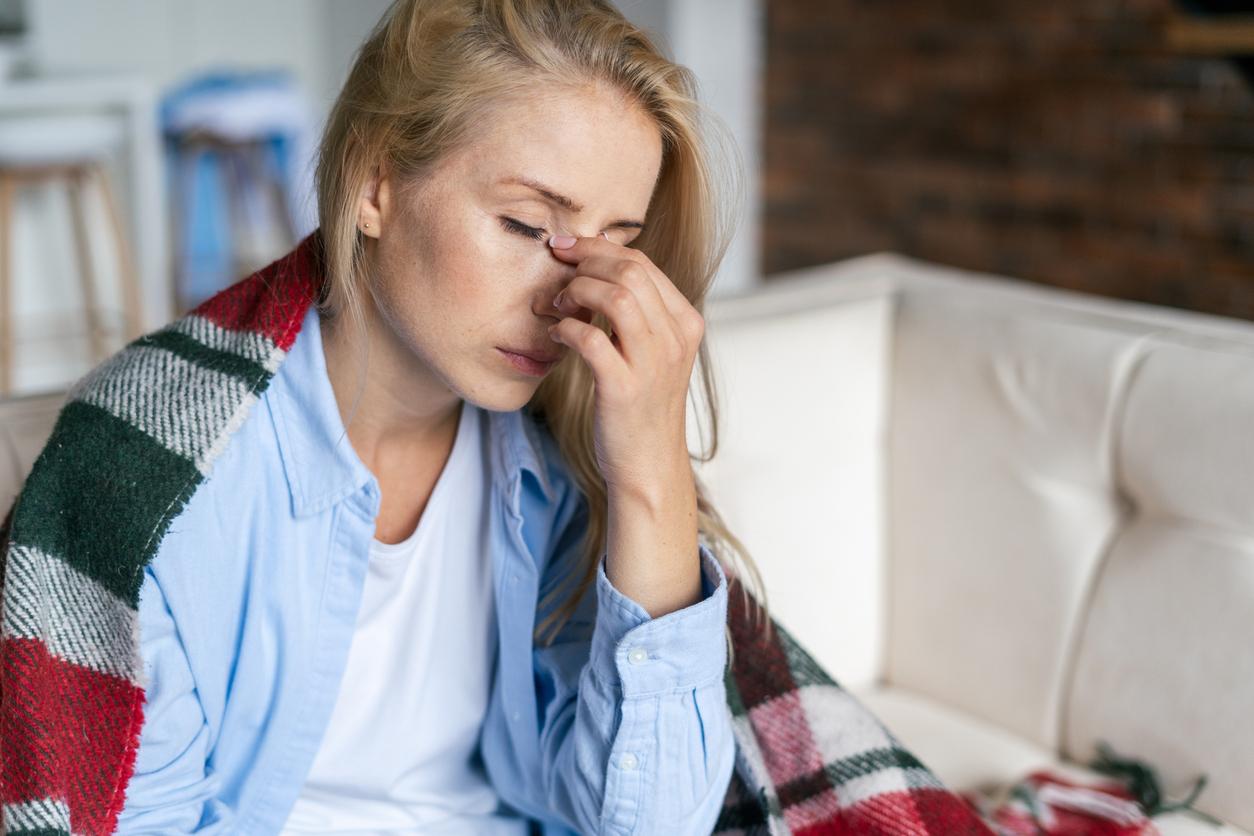Access to PCR tests remains “difficult”, even for priority people, due to laboratory congestion.
The ARS IDF, in order to facilitate access to tests, is deploying from September 21, 20 permanent covid screening and diagnostic centers (CDDC). “The opening of the centers will be staggered over the next 15 days, initially reserved for people requiring priority access to the screening test.”
According to ARS Ile-de-France, “each Covid Screening and Diagnostic Center (CDDC) will reach a capacity of at least 500 RT-PCR tests per day by mid-October, i.e. a total of 10,000 additional tests per day in Île-de-France.“They will be barnums, open 6 days a week. If they are intended to be temporary, they will nevertheless last “until the end of the winter period”.
20 screening center: the list
While the Covid-19 virus is circulating more and more, the demand for screening continues to increase, and Ile-de-France lacks personnel, and sometimes even equipment, as evidenced by a press release from ARS Ile-de-France, which points to “reagent shortages” essential for PCR testing. From September 21, 20 screening centers will be offered in Ile de France, open 6 days a week.
Screening centers operational from September 21
- Paris 4th: Mlab laboratory, 2 place Baudoyer 75004
- Paris 13th: Eurofins-Biomnis laboratory, 13th arrondissement town hall, rue Philippe de Champagne 75013
- Paris 15th: Cerballiance laboratory, 15th arrondissement town hall, 31 rue Péclet 75015
- Paris 19th: Bioclinic laboratory, forecourt of the Town Hall of the 19th, 5-7 place Armand Carrel 75019
- Trappes (78): Eurofins-Biomnis laboratory, 2 allée Antoine de Saint Exupéry 78190
- Mantes-la-Jolie (78): Cerballiance laboratory, 10 avenue du Président Franklin Roosevelt 78200
- Vitry-sur-Seine (94): Cerballiance laboratory, Castle room, 6 rue Montebello 94400
- Paris 18th: Biogroup laboratory, Binet Animation Center, 10 rue Maurice Grimaud 75018 (opening on 09/22)
Screening centers operational between September 21 and 28
- Paris 17th
- Melun (77)
- Serris (77)
- Évry (91)
- Massy (91)
- Issy-les-Moulineaux (92)
- La Defense (92)
- Saint-Denis (93)
- Bondi (93)
- Fontenay-sous-Bois (94)
- Cergy (95)
- Argenteuil (95)
In practice, how to get tested?
To be tested for Covid-19, it will not be no need to make an appointment if you have priority. The objective is also to shorten the results times, which are on average 36 hours, but can take longer in certain Parisian centers, because of the large number of people to be analyzed. There, the ARS wishes that the results are provided within 24 hours, especially for people at risk. CDDCs are reserved for 8 a.m. to 2 p.m. for priority audiences, over the age of 6, without an appointment:
- People with a medical prescription.
- People who have had risky contact with a confirmed case, and who have been contacted by the CPAM or the ARS as part of contact tracing.
- Health professionals and similar professionals working at home.
One access by appointment is also possible, but strictly reserved for attending physicians, through the dedicated telephone platform set up by the ARS to facilitate access to RT-PCR tests for priority people.
Access to tests in a CDDC is exclusively upon presentation of a proof (medical prescription in case of symptoms, SMS or email from Health Insurance or ARS if contact case, CPS card or proof of work if health professional).
Who can get tested?
Certain time slots will precisely be entirely dedicated to these priority audiences, said ARS Ile-de-France. That is to say people “with symptoms suggestive of Covid-19, and people identified as case contacts at risk“.
The objective is therefore to relieve city laboratories. But also to facilitate access to these examinations for priority people, as well as “reduce health inequalities by ensuring an equitable distribution of testing capacities in the regional territory“. Moreover, another novelty: there will soon be screening buses, in order to serve the “rural areas of Ile-de-France, near train stations“.
Read also:
- Coronavirus: what is the effective R (R0) region by region in France?
- Coronavirus symptoms: cold or Covid-19, how to tell the difference?
- Coronavirus: how to treat?











